At the meeting of the National Assembly Standing Committee (July 10), Mr. Nguyen Dac Vinh - Chairman of the National Assembly's Committee on Culture and Social Affairs presented a summary of the draft Report on the results of thematic supervision "Implementation of policies and laws on development and use of human resources to meet the requirements of socio- economic development, especially high-quality human resources" in the period of 2021-2024".
Mr. Nguyen Dac Vinh emphasized four outstanding results mentioned in the draft Report. Firstly, in the 2021-2024 period, the Party has paid great attention and issued many documents guiding and guiding the development of human resources and high-quality human resources.
Recently, the Politburo has issued four strategic resolutions, all of which identify human resource development, especially high-quality human resources, as a key factor for successful implementation of the resolutions.
The Government , ministries, branches and localities have issued legal documents, programs and projects, focusing on directing, operating and implementing tasks of developing and using human resources.
During the monitoring period, the Government issued 69 documents. The work of propaganda, dissemination, inspection, examination and supervision of the implementation of policies and guidelines was carried out seriously and responsibly.
The initial monitoring results have provided reliable information, helping the National Assembly agencies: Firstly, to give opinions on the draft resolution of the Politburo on modernization and breakthrough in education and training development; the draft resolution on breakthrough in people's health care to meet the requirements of national development in the new era; and to give opinions on draft documents submitted to the 14th National Party Congress;
Second, review and complete the draft Law on Employment, Law on Teachers, Law on Cadres and Civil Servants, etc. and a number of other laws and resolutions to be submitted to the National Assembly at the 9th Session of the 15th National Assembly;
Third, prepare for the review, amendment and supplementation of laws on education and training to be submitted to the National Assembly at the 10th Session; prepare for the review of the National Target Program on Education and Training; the National Target Program on Population and Development and a number of other important contents.
Second, the Supervisory Delegation believes that, at present, our country's human resources basically meet the requirements of socio-economic development. The scale of human resources has developed, the structure is increasingly suitable; the qualifications and skills of the labor force have been improved; labor productivity, employment, and income of workers have changed positively.
In the public sector, the staff, civil servants and public employees account for a small proportion of the total social workforce, most of whom have university degrees or higher; recruitment, use, management and development of human resources are carried out seriously, ensuring publicity and transparency according to regulations, therefore, the quality and qualifications of the staff generally meet the requirements.
For the non-public sector, the number of employees has increased (average growth rate of about 0.65%/year in the period 2021-2024), especially in the foreign-invested sector.
Specifically, the number of employees working in foreign-invested enterprises (FDI) increased from 3,734,000 in 2020 to 4,914,000 in 2024, an average growth rate of 8.78% per year. This shows that Vietnam's human resources are increasingly meeting the requirements of the international standard labor market.
In 2024, the whole country will have nearly 47.3 million workers working in the non-state sector, accounting for 89.3% of the total workforce and over 91% of the total number of employed workers in the economy.
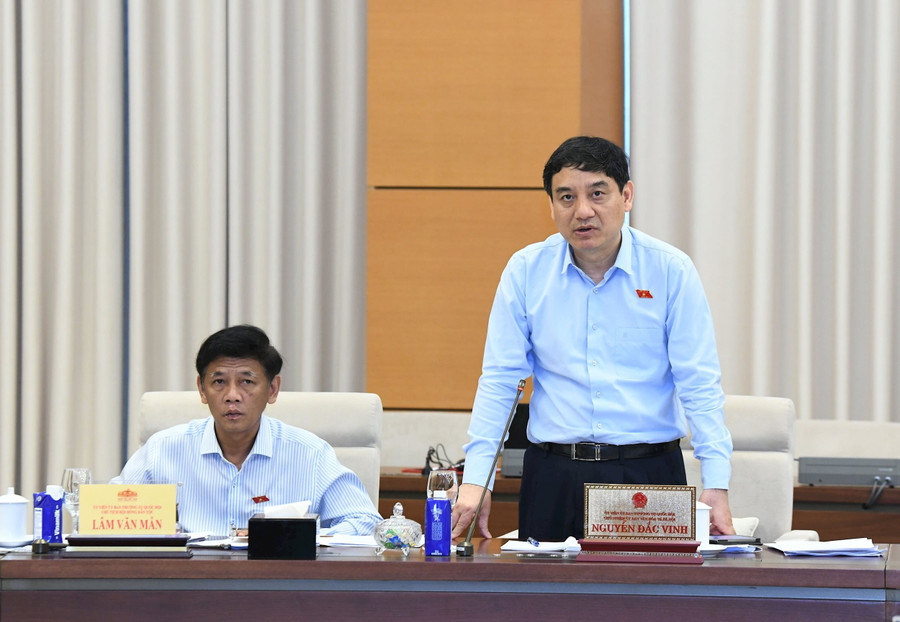
Third, the quality of education and training in our country is increasingly improved, better meeting the needs of human resource development and serving socio-economic development. The scale of university and vocational training is generally stable during the monitoring period. The structure of occupations, levels and training fields is diverse. Many new majors are opened, quickly adapting to the needs of the labor market.
By 2024, the country will have 243 universities and 1,545 vocational training institutions; 932 undergraduate training majors, 434 master's training majors, and 412 doctoral training majors.
The teaching staff and management staff, facilities and equipment serving training and scientific research are given attention and investment. The implementation of university autonomy is expanded and gradually brought into full play. Investment resources are increased and diversified; efficiency of use is improved.
Training high-quality human resources has initially received attention at both general education, vocational education and university levels with a system of specialized schools, high-quality programs, programs to train talented engineers and bachelors, training cooperation programs and training with foreign elements...
In particular, a number of joint training programs with prestigious and high-quality international universities have been effectively implemented, saving training costs abroad.
Fourth, policies to attract, employ and reward high-quality human resources of local ministries and branches have initially shown effectiveness. From 2018 to October 2024, 706 excellent graduates and young scientists were attracted and recruited to work in agencies and organizations.
Many civil servants, public employees and workers are granted scholarships, support for postgraduate training at home and abroad, and one-time support when attracting talent to the locality.
A high-quality human resource with capacity and qualifications approaching those of advanced countries in the region and the world, actively contributing to research activities, innovation, application of science and technology, and international integration.
Some localities and public service units have conducted public examinations for some leadership positions, allowed personnel outside the system to take the examinations, piloted high salaries for good lecturers and doctors, and had flexible internal mechanisms regarding salaries, working environment and other benefits to retain talented people.
Source: https://giaoducthoidai.vn/4-ket-qua-noi-bat-phat-trien-nguon-nhan-luc-chat-luong-cao-post739620.html








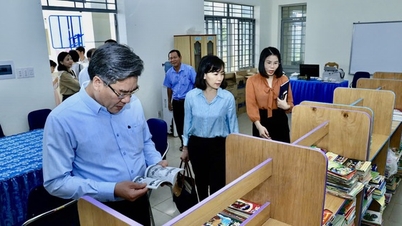

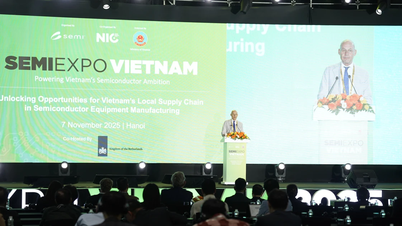

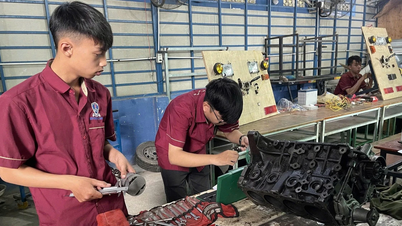
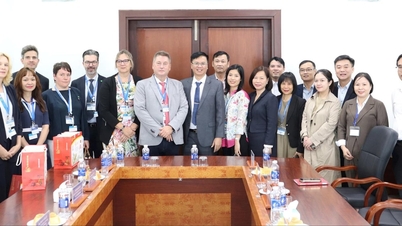






![[Video] Groundbreaking ceremony of inter-level boarding schools in the border areas of Tuyen Quang and Lao Cai](https://vphoto.vietnam.vn/thumb/402x226/vietnam/resource/IMAGE/2025/11/09/1762702287645_lao-cai-ha-giang-6159-jpg.webp)


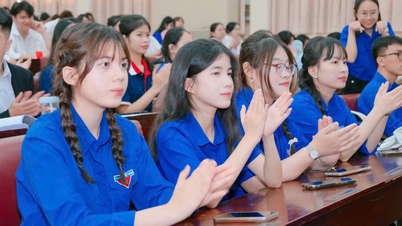

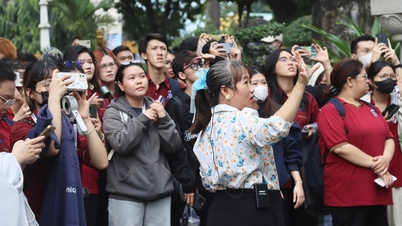







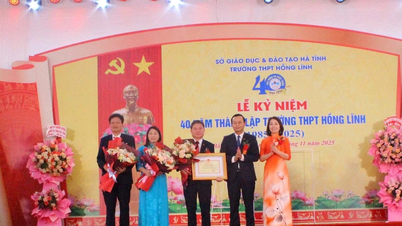
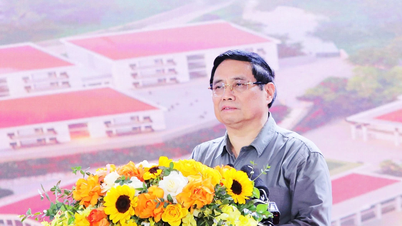
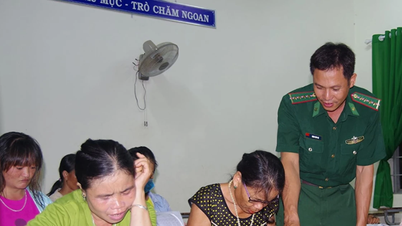
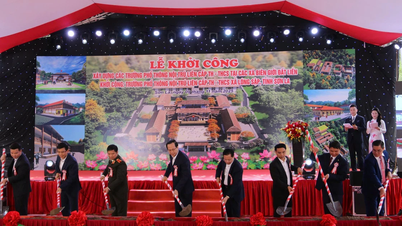







































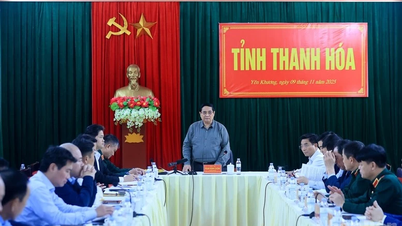




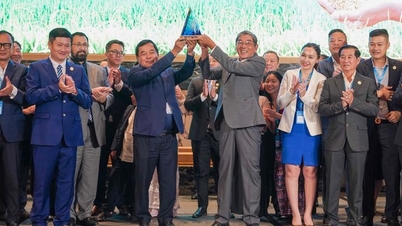



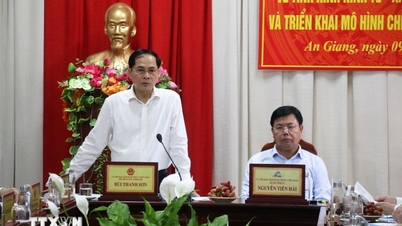
























Comment (0)